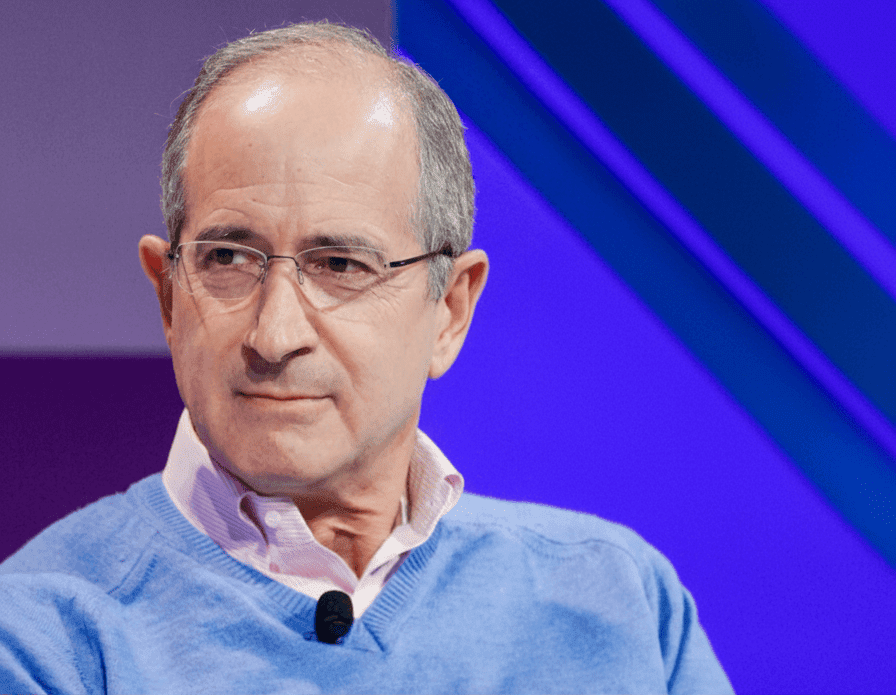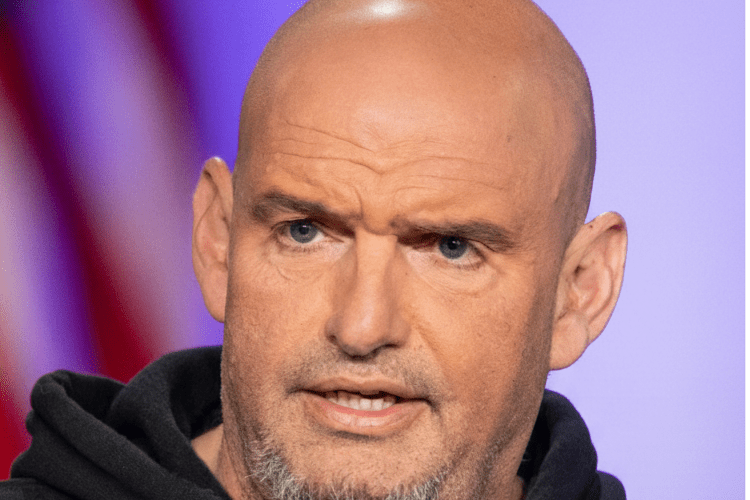Comcast Execs Condemn MSNBC’s Handling of Charlie Kirk Shooting Coverage, Fire Analyst Over “Insensitive” Remarks
When news broke of the tragic shooting that claimed the life of conservative activist Charlie Kirk, the story quickly became one of the most covered and debated events in the country. Networks scrambled to deliver breaking updates, and millions of people tuned in to follow every development. But while the coverage itself was expected, what happened at MSNBC has now become its own story—one that drew strong backlash and forced action from the very top of Comcast, the parent company of NBCUniversal.
According to multiple reports, MSNBC analyst Matthew Dowd made remarks during a live segment that executives later described as “insensitive” and “inappropriate.” His comments, coming in the wake of such a painful and emotional tragedy, struck a nerve not just with viewers but with people inside the company as well. By Thursday, Dowd had been fired. And by Friday, Comcast executives were directly addressing staff about the issue.
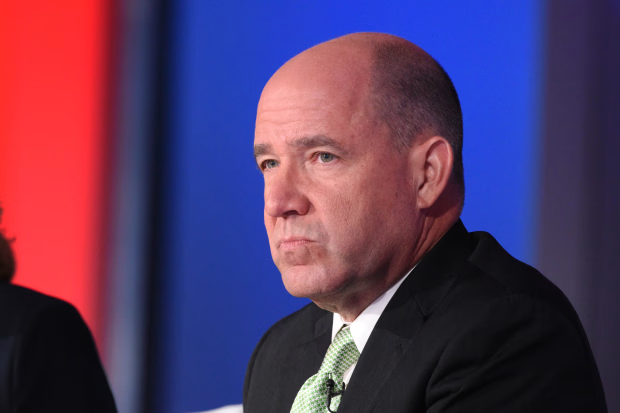
The memo, signed by Comcast CEO Brian Roberts, Comcast president Mike Cavanagh, and Mark Lazarus, CEO of Versant—the spinoff company that oversees MSNBC—was blunt in its tone. It acknowledged that the coverage fell short of the standards expected by both the company and the public, and it called for the network to do better. “We need to do better,” the memo read, underscoring the seriousness with which leadership viewed the incident.
The firing and the rare corporate-wide message reflect just how sensitive this moment has become. Charlie Kirk was a polarizing figure in American politics, but his death in such a violent way shocked people across ideological lines. For MSNBC, a network already often accused by critics of leaning too far left, the way its staff handled the story risked alienating not just conservative viewers, but anyone who expected compassion during a time of grief.
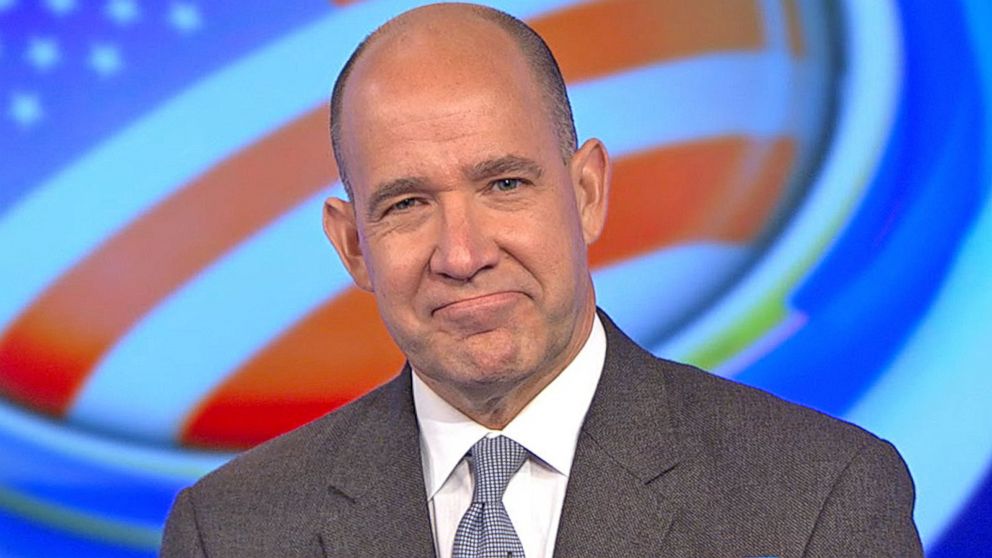
What struck many observers was not just the decision to fire Dowd, but the public way in which Comcast leadership chose to distance itself from his remarks. Usually, corporate statements about programming controversies are left to network executives. In this case, the involvement of Roberts and Cavanagh—the highest levels of Comcast’s hierarchy—sent a clear message that the company understood the stakes. This was not just about one analyst. It was about the credibility of the network and the broader reputation of Comcast itself.
Inside the industry, reactions have been mixed. Some have praised the company for acting swiftly, seeing it as a necessary move to restore trust with audiences during a fragile moment. Others have warned that firing an analyst for poorly worded remarks could set a difficult precedent, raising questions about editorial independence and freedom of expression. But one thing is clear: Comcast and NBCUniversal want no ambiguity about their expectations. Sensitivity, accuracy, and humanity must guide coverage, especially when lives are lost.
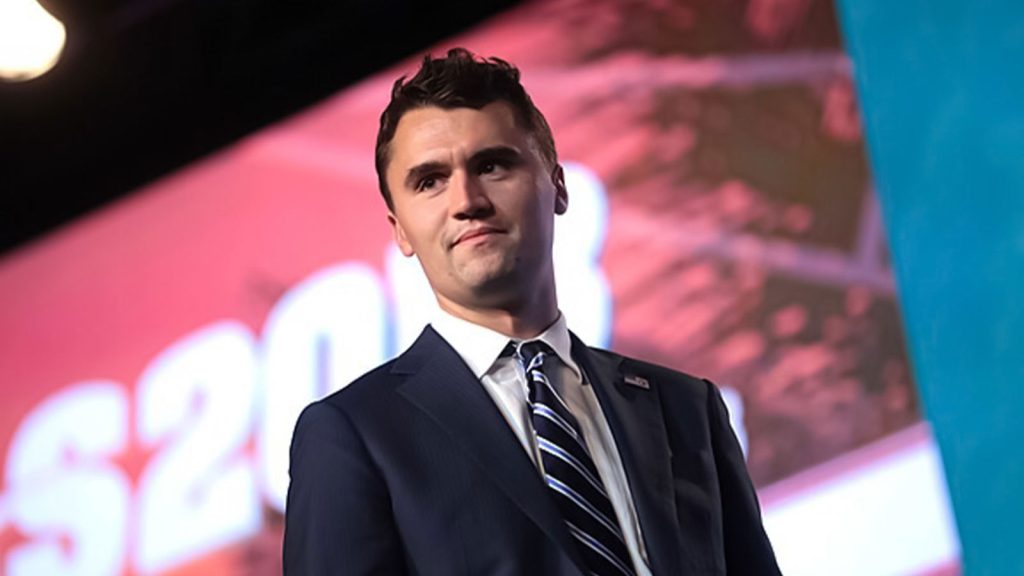
For viewers, the story adds another layer to an already difficult week. The death of Charlie Kirk has left supporters reeling and his opponents reflecting on the often-heated nature of political discourse. In moments like these, television news carries a heavy responsibility. It is not just about delivering facts—it is about how those facts are delivered, the tone that is set, and the empathy shown to families and communities in mourning.
As the days go on, coverage of Charlie Kirk’s life and legacy will continue, but MSNBC now faces an additional challenge: repairing trust after a painful misstep. Comcast’s top brass have made it clear that they intend to hold their network to a higher standard. Whether audiences see that change in practice is something only time will tell.
